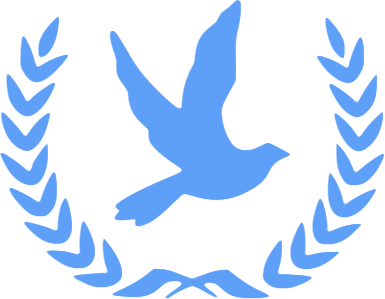Communism, Cartels and Compromise—Cesar Gaviria’s Cabinet
The year is 1992, and César Gaviria is entering his third year as President of the Republic of Colombia. The last two years have been marked by mass constitutional reform and renewed vigour in the fight against cartel violence – a violence that has not just long predated Gaviria’s presidency but discursively allowed it to happen. It was in fact cartel violence in 1989 that lead to the high-profile assassination of Gaviria’s colleague and a favoured presidential candidate, Luis Carlo Galan. Prior to his death, Galan led by a significant margin in the polls on a platform that strictly combated the drug cartels who would later orchestrate his assassination. Gaviria has staked his career on continuing this battle against the chilling effect that the cartels have had on the political atmosphere of Colombia, which has been responsible for roughly eleven deaths a day, many of which have been important figures like judges and politicians.
Today, tensions with the cartels are at an all-time high, and conflict with local paramilitary and self-defence groups has reached a point at which the government can no longer ignore them. Solutions, however, seem far out of reach thanks to troubling connections between armed extremist organizations and many of Colombia’s highest military authorities. While turmoil rages within, Gaviria leads Colombia with a unique opportunity to step onto the global stage. In the last few years, a United States government funded RAND investigation was released, claiming that foreign led counter insurgent involvement has failed to effectively curtail drug exports. Despite these findings, the United States is not so quick to go back on a long held tradition of meddling in Latin American politics, and thus foreign involvement has also presented itself as an important issue for the Gaviria administration to address.
Delegates, serving as the trusted members of Gaviria’s cabinet, will need to make use of all their diplomatic ability in order to forge a peaceful future for Columbia, in the midst of this unprecedented period of violence and instability for the Columbian state.
The Dais is excited to meet all of the delegates at SSUNS 2021!
If you have any questions regarding the committee, please feel free to email us at crisis@ssuns.org
Your Dais:
Claire Hery
Chair
Kenza Joutey
Vice-Chair
Rachel Kalmanovich
Crisis Director
Maite Huegel
Assistant Crisis Director




